I have a class called Test which has a constructor to accept Action<T> and the other one accepts Func<T,T>. Please see the below snippet.
public class Test<T>
{
//constructors
public Test() { }
public Test(Action<T> action) { }
public Test(Func<T, T> action) { }
//methods with same signature of constructor
public void MyMethod1(Action<T> action) { }
public void MyMethod2(Func<T, T> action) { }
}
public partial class MainWindow : Window
{
public MainWindow()
{
InitializeComponent();
Test<string> t1 = new Test<string>(this.MyMethod1);
Test<string> t2 = new Test<string>(this.MyMethod2);
Test<string> t = new Test<string>();
t.MyMethod1(MyMethod1);
t.MyMethod2(MyMethod2);
}
public void MyMethod1(string value) { }
public string MyMethod2(string value) { return string.Empty; }
}
But below lines throws an ambiguous call error
Test<string> t1 = new Test<string>(this.MyMethod1);
Test<string> t2 = new Test<string>(this.MyMethod2);
and the interesting point is, I have two methods with the same signature of my Test class constructor which not throwing any ambiguous error
Test<string> t = new Test<string>();
t.MyMethod1(MyMethod1);
t.MyMethod2(MyMethod2);
Could anyone please help me to identify and fix the issue.
